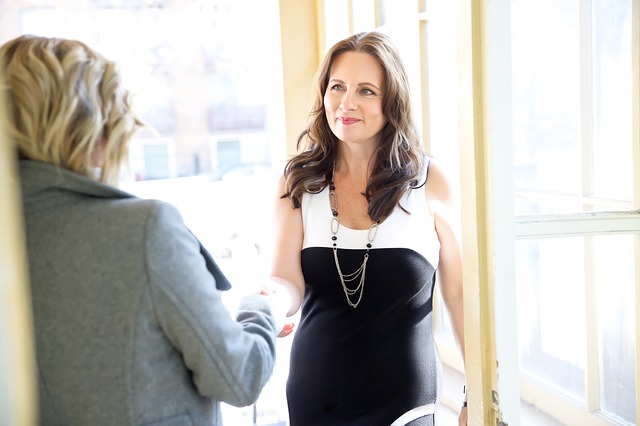
5 Tips to Nail Your First Engineering Interview
Read a summary using the INOMICS AI tool
Are you in your final years of university and wondering what’s next? For a large majority, this means entering the so-called 'real world' and searching for a job. Some others might decide to take an extra Master's or PhD course to further their academic achievements, but if you’re in the majority, you will be looking for your first position as a professional in the engineering sector. To help you nail your first engineering interview, this article can provide you with some great tips before the big day.

The employment process
What is the specific interview process for that company?
Many companies follow a standard process that is set forth by the human resources department. For an entry-level position out of college, many companies will have career days or be part of a career fair on campus at which interested students can submit their resumes online and, if selected, be called for a screening interview on campus. Alternatively, interested companies may select a group of students and then have a phone interview to screen potential candidates. From a career fair screening interview, the next step can be a phone interview or an onsite interview. It’s important to understand the process early.
With whom are you interviewing?
This is very important because many companies use panel interviews with, say, the hiring manager, one or two people from their team, human resources, and possibly another manager with whom your work will influence. It is important to know this up front as each person is asking questions from their specific angle of expertise. Sometimes each person has a different role or will focus on a certain aspect that the company finds important to their culture.
Where will the interview take place?
It is important to always be early for an interview, so understanding where the interview is taking place (if on campus) is extremely important. Show up at least ten minutes early.
What is the position you are applying?
Most students just want to get any job coming out of education. It is important to know more about the position and what that position typically entails on the job. An example would be a product engineer compared to a process engineer. In the chemical world, this is akin to the product engineer developing the product while the process engineer develops the system and models the process to make that new product on an industrial level.
What is the style of interview?
Many companies have a certain style they use for interviews. A key example is the behaviour-based interview, which seems to be highly prevalent at many companies. This is where the interviewer will ask open-ended questions about situations, and you will need to give a real-life example as a response to that situation. This gives the interviewers insight into who you are as a person and employee. A good hire is not only someone who can do the job but it is also someone who will fit into the company’s culture.
Five top tips for the interview
Research the company
There are many sites online that can give insight into the company. The company vision is important and can give a window into the corporate culture. There are websites such as glassdoor.com where current and past employees give deeper insights of the company. Definitely worth checking out beforehand.
Understand what you want in a professional role
This means that you should try to hone in to the subjects that interest you and/or you are skilled in. Once you know what you want, your passion and authenticity will shine, which is what the interviewers will use to differentiate candidates with similar grades and backgrounds.
Talk to people
It is a very good idea to consult with other engineers or parents’ friends, or a family member who may be in the same field. People who have been in the industry are a wealth of knowledge and can help coach you for your first interview in the sector.
Dress appropriately
There is a certain formality expectation to any professional job interview. Dressing appropriately is a key component to this. For men, dark-colored suits are typically very safe, and for women, trouser suits and other professional wear is highly recommended.
Working is not the same as studying
Understand you have learned specific subjects and possess specific topic knowledge, but the corporate world is much vaguer than that. This is important to understand because you should give some time to think of how your skills are translatable. You may have gotten an ‘A’ in thermodynamics, but what is important is the process you took to carry out a real chemical reaction, and calculated the heat of enthalpy of that reaction. How do you translate the scientific process into real problems with real consequences? It is important to think about this going into your first interview.
Recommended Insights
The Top Civil Engineering Companies in Australia
Top 10 US Master's Programs in Mechatronics
Top 10 Civil Engineering Companies in Canada







